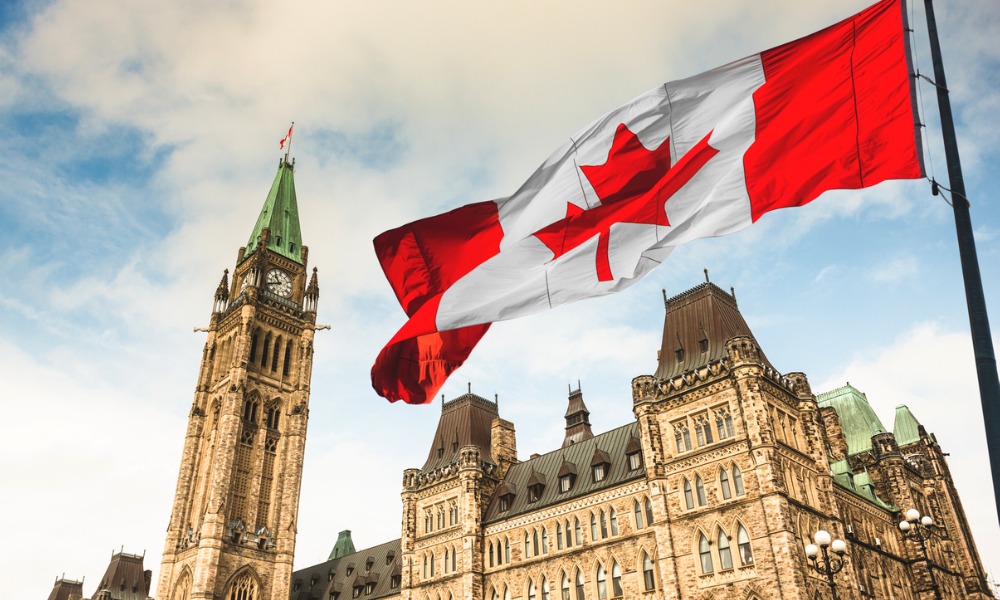How can Canadians be encouraged to save for retirement?

While many Canadians are saving hard-earned money for retirement, many seem to be doing so without a formal plan, according to a recent report from IG Wealth Management.
Currently, 72% of Canadians aged 35 and up have started saving for retirement. However, 42% are saving for retirement without a retirement plan.
"While it's encouraging that Canadians are making saving for retirement a priority, it's a little concerning that so many are doing so without a proper roadmap in place nor with a sense of how much they'll need," says Christine Van Cauwenberghe, head of financial planning at IG Wealth Management.
Over six in 10 (63%) of Canadians with household investable assets of at least $100,000 are somewhat (49%) or strongly (14%) confident in their retirement prospects, according to a previous report from LIMRA.
How much is needed for retirement unclear
However, less than half (45%) of Canadians are confident they know how much money they will need for retirement, according to IG Wealth Management’s survey of over 1,300 adult Canadians 35 years of age or older, conducted Jan. 9 to 17, 2024.
And only 26% have considered inflation and changing economic conditions when it comes to retirement planning.
And even among those with a financial advisor (36%), less than half report that their advisor provides them with retirement planning support.
"Our industry has a significant opportunity – and responsibility – to think beyond just portfolio management and to focus on integrated financial planning," says Van Cauwenberghe. "The reality is that, while saving and investing for retirement or any other major life event is important, it's just part of the solution to achieving financial well-being. You also need to incorporate other key considerations and have them integrated into an overall action plan, which looks at all dimensions of your financial world."
Why is it important to make a retirement plan?
A retirement plan should be a key part of any integrated financial plan, noted Van Cauwenberghe.
It should include critical considerations such as desired retirement lifestyle, income goals, income sources, expenses and a savings program that includes managing assets and risk, she says.
"Retirement planning is nuanced – Canadians who adopt the do-it-yourself model are missing out on a real plan that considers all retirement income sources, how to manage debt, your legacy and tax efficiencies," she says "With added concerns around inflation and economic volatility on financial plans, specifically retirement, Canadians need a personalized retirement plan now more than ever to set them up for financial security in the future."
After the financial hardships that 2023 brought, just over half (51%) of Canadians plan to contribute to their Registered Retirement Savings Plans (RRSPs) this year, according to a previous Edward Jones report.
How can you encourage people to save for retirement?
One way to help workers save for retirement is via automatic enrollment into a plan, says ADP’s David Rodeck.
“A low-cost way to improve a workplace retirement plan is to automatically enroll employees to contribute part of their paycheck into the plan, rather than requiring employees to sign up to contribute manually,” he says. “This means that if an employee does not want to contribute, they must manually opt out.”
Offering financial wellness classes can also help, says Rodeck.
“These courses teach employees how to budget, compare retirement plan investments and come up with strategies to reach their financial goals,” he says.
“Make sure your employees know that while delaying retirement may still be part of their financial plan, they should have other options as well. This way, if they do delay retirement, it's out of choice rather than out of financial necessity.”
Overall, Canadians are favouring the Tax-Free Saving Account (TFSA) over Registered Retirement Savings Plans (RRSPs) and other longer-horizon investment vehicles, finds a previous study from the Canadian Imperial Bank of Commerce (CIBC).








